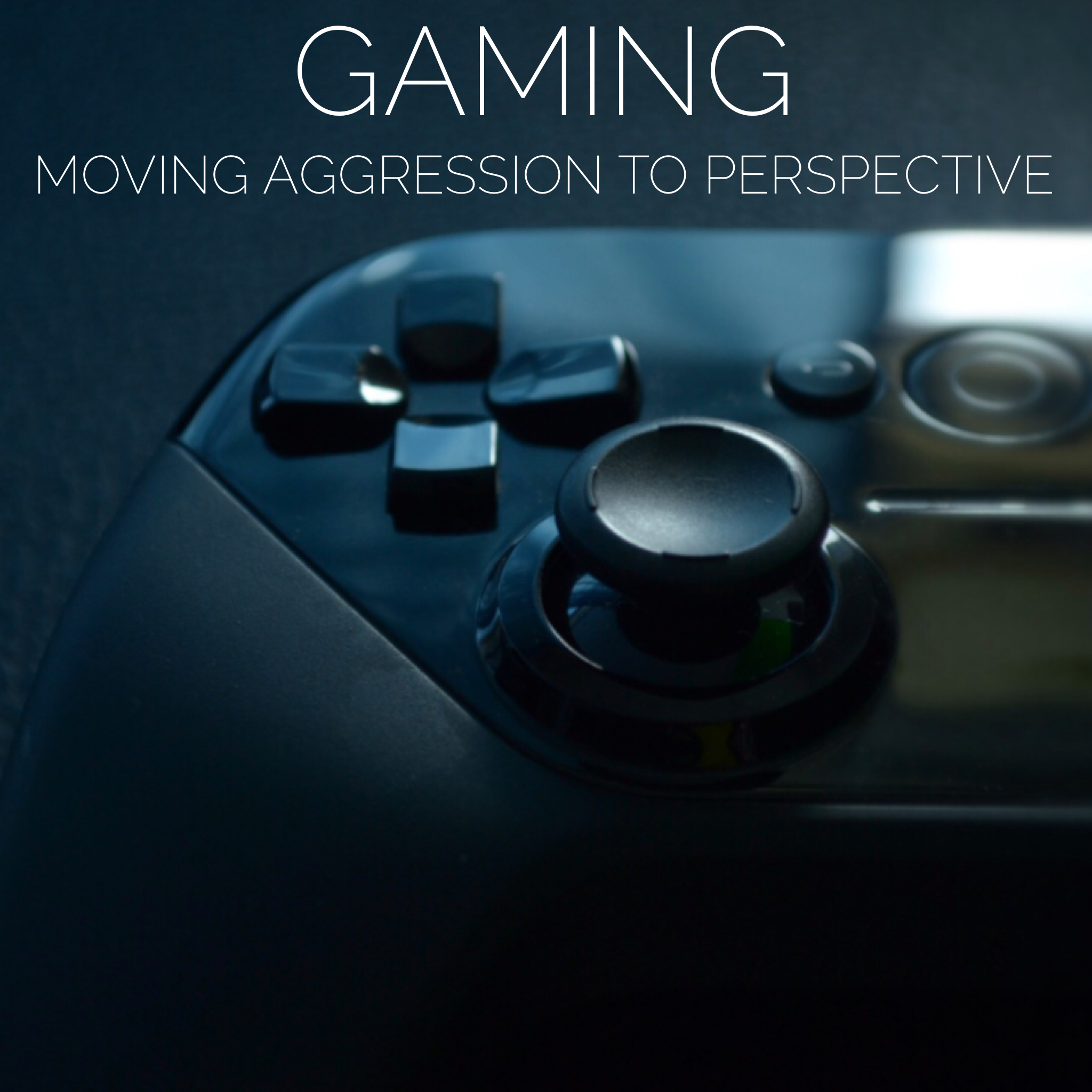“Let him who cannot be alone beware of community... Let him who is not in community beware of being alone.” Dietrich Bonhoeffer, Life Together
As we're walking this road to #techresponsibly – 12 Months of Digital Wellness, we began by looking back at 2020. We then moved into intention, building a life over a brand. We had to look at ourselves, our mind, and our body, before taking a look at relationships. And we haven't even ventured into the larger societal issues yet. Simply put, it starts within. We have to look inward before we can even begin to look outward. If you haven't yet, I encourage you to go read the previous months (linked below) to continue on this journey. People are wired for connection from the beginning, in our very brain function.
"Relationships influence the brain more than anything."
- Adam Young
We need connection to feel safe. Our nervous systems believe that relational disconnection means we are in danger. Connection not only is a survival mechanism but also directly affects our health and happiness. It helps us survive and thrive. Connection is formed by emotional bonds and interactions, and it is strengthened by mutual experiences. When connection, whether online or off, happens, it's magical—it's what we're designed for.
We need each other.
Social media platforms have, no doubt, transformed social connections around the world. When we look at the anxiety, depression, and suicide rates that have been on a drastic rise with social media use and phones, which are underreported, it's hard to deny all that is associated with a physical disconnection from relationships. And after this past year, the suffering from the loss of human interaction is just now catching up with us. We need to consider how our interactions turning digital have inextricably linked our phones with our mental health.
Phones also have no discrimination—every socioeconomic group, gender, race, age, and geographical area is affected. No one can escape the phone trap because we all need our people, and they are on the other end of these tiny black screens. Or are they?
Let's take a look at a thing called social capital (our social ties and where our energy and investment go) to understand what kinds of relationships we spend time nurturing online.
Bonding Social Capital: strong relationships between individuals that allow for emotional support, trust, and companionship.
Bridging Social Capital: weak, distant relationships between individuals that make opportunities available for information sharing and knowledge transfer.
Both are important and worth paying attention to in terms of how much time we invest and where.
"Well-being has been extensively associated with social bonds. When we use social media as a tool to deepen our strong-tie relationships (i.e. those with close friends and family rather than acquaintances or weak-tie relationships), our well-being increases. When we use it to consume content or compare ourselves to others, well-being decreases. - Digital Communication Media Use and Psychological Well-Being, Oxford, Oct.2019
Being intentional with relationships online & off directly affects our health & happiness.
Social media can be deceptive because it provides the appearance of connection while actually making us lonelier. It does this by making surface interactions with weak-tie relationships incredibly convenient. Dr. Vivek Murthy, physician, former Surgeon General of the US, and author of Together: The Healing Power of Human Connection in a Sometimes Lonely World, witnessed loneliness first-hand and began studying its effects. He says of social media, "The ease of interacting with our middle and outer circles replaces true interaction with our inner circles." He's not wrong. We can build a friends list of 750 with the click of a button.
Our deep relationships often take a back seat to:
easier interactions
constant access
shorter convos
faster friends
public view & consumption
unlimited availability
efficient messaging
incredible networking opportunities
social media comment debates
Many of these things are wonderful and have allowed for incredible relationships and life-giving interactions. But those of us who have had positive engagement and experiences online can get defensive and even be blind to the effect the online world has on our social ties as a whole, specifically in younger generations. We are wise to name the tension created in our relationships by social media and the digital age. It can be amazing and horrifying and everything in between.
Now, let’s explore our IRL (In Real Life) relationships, which are much slower, more complex, complicated, long-standing, harder, awkward, cringey sometimes even, wonderful, and fulfilling. When was the last lingering conversation you had? Many of us are just scratching the surface of knowing the people in our lives and even knowing ourselves. We're living on that exterior level and not "being with" enough to sink into the deeper waters of knowing and being known. What keeps us from these deep, life-giving relationships?
We long to be seen, known & loved.
The fear of disconnection, rejection, and pain often keeps us from life-giving relationships. Because we’re wired for connection, we fear disconnection. But this fear can keep us from enjoying what we are designed for. We have so much to offer! Our beauty, our minds, our gifts. We humans are “deep waters,” and we all long to “dive in” to connect with others. We long to be seen, to belong. Whether watching a video of themself dancing on their phone over and over, or looking in your eyes with a big ol’ smile, that 4-year-old is saying, "Do you see me?" Whether logging onto a first social media account or stepping through the door at a new friend's birthday party, that 13-year-old is saying, "Do you see me? Do I belong?” And when we are seen, known, and loved, we thrive.
But, to be seen also takes vulnerability, and vulnerability comes with a cost. We must be willing to risk disconnection, rejection, and deeper hurt. Sometimes being seen isn't received well and doesn't lead to being known and loved. In my life, I can name moments when I wasn't seen and built walls of disconnection.
But the truth I discovered over and over again is that being unseen is a greater cost. To be unseen is to hold back, to shrink, to stay voiceless. It might even involve screaming out online "Do you see me?" while not allowing those closest to me access. Being unseen is costing lives every day. We see it in youth, in college students, in parents, in the elderly. So many of us are walking through this world unseen, begging for connection in whatever way we can find it, or cutting it off because it just hurts too much to risk. God is the One who can break down those walls, and He has little by little in my own life as I pursue healing in the broken places of connection in my story. I then can pursue those broken pieces in others, my kids, my family - changing the course of lives.
Where have you put up walls against deep connections in your life? What is a moment you can remember that you stopped being seen? Digital immigrants (those of us who remember life before online), go way back to before we could "blame" social media for our disconnection. Find those moments in your story that need tending to and healing in the realm of connection and being seen. And then, name them, make space, tell the truth, and reach out.
Remember that you belong here. We need you. We need to see you.
"Live in a world that embraces people, not a world that is preoccupied."
Dr. Vivek Murthy, Together
-Dawn Wible
Find resources for healthy digital habits at talkmoretechless.com
sources: center for humane technology, digital wellness institute, pew research center, childrensscreentimeactionnetwork, sowthat.com, nielsen




